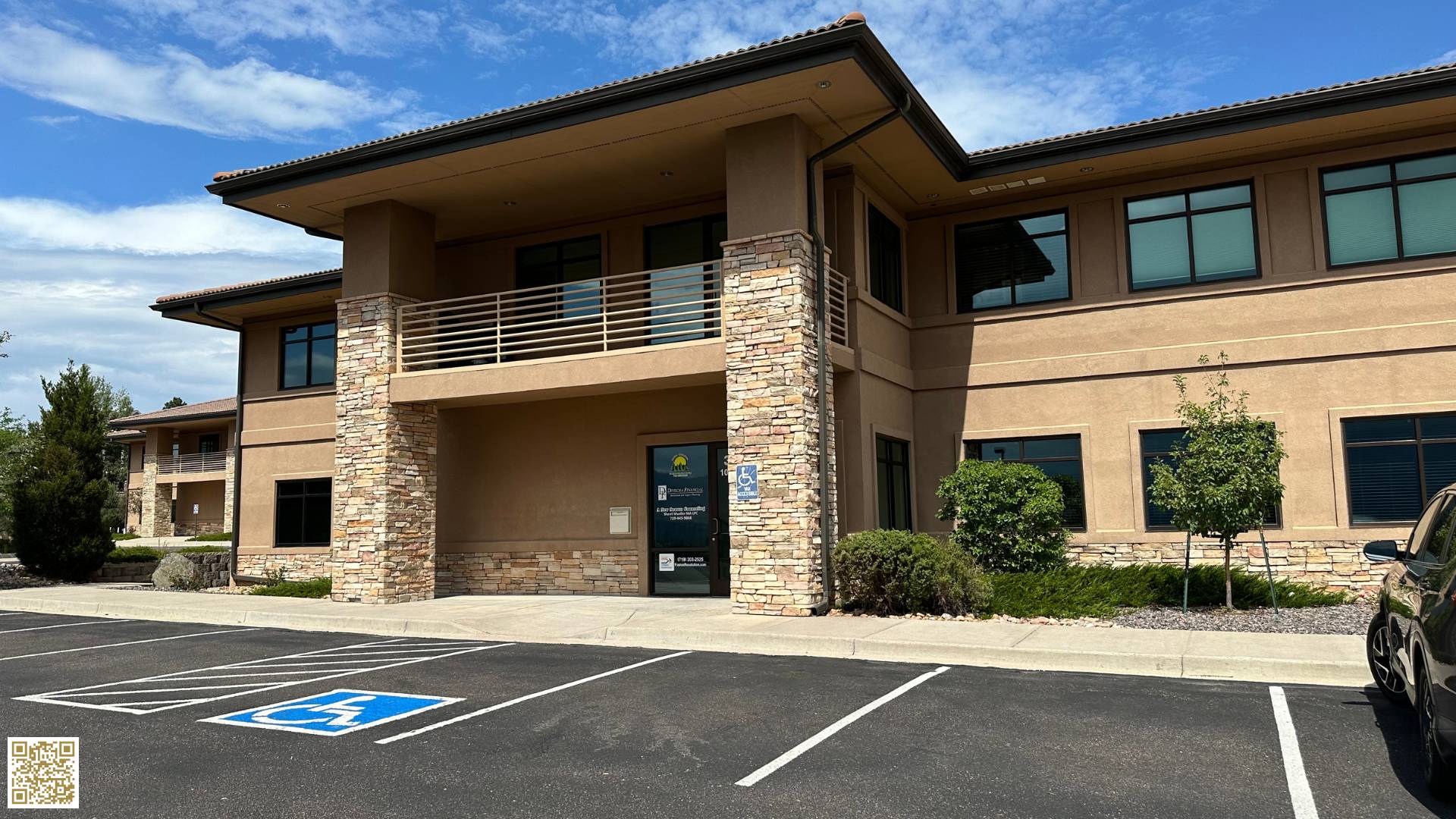To maximize your online presence with SEO services, start by conducting thorough keyword research using tools like Google Keyword Planner to identify high-impact and long-tail keywords. Implement on-page optimization with well-placed meta tags, headers, and engaging content to boost page ranking. Build quality backlinks from reputable sites to enhance authority. Leverage local SEO by optimizing your Google My Business profile and targeting local keywords. Regularly measure success using tools like Google Analytics to track organic traffic and conversion rates. These steps will significantly enhance your visibility and offer deeper insights into optimizing your online presence.
Understanding SEO Basics
To truly harness the power of SEO, you must first grasp key concepts like keywords, on-page optimization, and backlinking. Understanding SEO fundamentals is essential for anyone looking to improve their online presence. Search engines use complex search algorithms to rank websites, and knowing how these algorithms work can give you a significant advantage.
Keywords are the terms users type into search engines. These should be strategically placed in your content to align with what your audience is searching for.
On-page optimization involves optimizing individual pages to rank higher and earn more relevant traffic. This includes using meta tags, headers, and ensuring your content is high-quality and relevant.
Backlinking, another core aspect of SEO fundamentals, involves getting other reputable websites to link back to your site. Search algorithms consider these backlinks as votes of confidence, boosting your site's credibility and authority.
By integrating these practices, you enhance your website's visibility, driving more organic traffic and fostering a sense of community among your audience.
Mastering these SEO basics sets the stage for more advanced techniques, ensuring you're not just part of the online landscape but a prominent feature within it.
Conducting Keyword Research
To boost your SEO, start by identifying high-impact keywords that align with your target audience's search behavior.
Analyze competitor keyword strategies to uncover gaps and opportunities for differentiation.
Use data-driven tools to prioritize keywords that offer the best potential for traffic and conversions.
Identifying High-Impact Keywords
Identifying high-impact keywords starts with robust research, utilizing tools like Google Keyword Planner and SEMrush to uncover terms your audience frequently searches.
Begin by focusing on long tail keywords, as they often reveal specific keyword intent, meaning the user's goal is more defined and can lead to higher conversion rates. For instance, instead of targeting a broad term like 'shoes,' consider 'affordable running shoes for beginners.' This approach narrows down your audience to those who are more likely to engage with your content.
Evaluate the search volume and competition for each keyword. High search volume indicates a popular term, but high competition may require more resources to rank. Conversely, a lower search volume with minimal competition might offer a quicker route to visibility.
Use metrics from your research tools to guide these decisions; data-driven choices will help you prioritize keywords that offer the most impact.
Analyzing Competitor Keyword Strategies
Analyzing your competitors' keyword strategies can offer invaluable insights into which terms are driving traffic and engagement in your industry. Start by conducting a thorough competitor analysis to identify which keywords your top competitors are ranking for. Use SEO tools like SEMrush or Ahrefs to uncover these keywords and see how they perform in terms of search volume, CPC, and competition level.
Next, focus on identifying keyword gaps—terms your competitors rank for but you don't. These gaps represent opportunities for you to capture additional traffic. Look for high-volume, low-competition keywords where you can quickly gain traction. By filling these gaps, you can enhance your keyword portfolio and improve your search engine rankings.
Also, pay attention to long-tail keywords, which are often less competitive and more targeted. By integrating these into your content strategy, you can attract highly relevant traffic that's more likely to convert. Regularly updating your keyword list based on competitor analysis ensures you stay ahead in the SEO game.
Incorporating these insights into your SEO strategy not only helps you understand your market better but also fosters a sense of belonging within your industry by staying competitive and relevant.
On-Page Optimization Techniques
Effective on-page optimization techniques can significantly boost your search engine rankings and drive more organic traffic to your website.
Start by focusing on content quality. High-quality content that's original, informative, and engaging can keep users on your site longer, reducing bounce rates and signaling to search engines that your site is valuable. Use targeted keywords naturally within your content, including in headings and subheadings, to enhance relevance.
User experience is equally crucial. A well-structured site with clear navigation and fast loading times improves user satisfaction. Implement responsive design to ensure your site looks great on all devices. Use internal linking to help users easily find related content, increasing time spent on your site and improving SEO.
Meta tags, including title tags and meta descriptions, should be optimized with primary keywords while remaining compelling to users. Ensure all images have descriptive, keyword-rich alt text to improve accessibility and search engine understanding.
Lastly, use schema markup to help search engines interpret your site's content more effectively, resulting in better visibility in search results.
Building Quality Backlinks
Building quality backlinks is crucial for enhancing your site's authority and improving its search engine ranking. When you engage in effective link building, you're essentially getting votes of confidence from other websites. This not only boosts your credibility but also signals to search engines that your content is valuable and relevant.
To start, conduct a thorough backlink analysis to identify existing links and uncover opportunities for new ones. Tools like Ahrefs or Moz can help you analyze your backlink profile and benchmark it against your competitors. Focus on acquiring backlinks from high-authority domains, as these carry more weight in search engine algorithms. Guest posting, creating shareable content, and leveraging social media are excellent strategies for earning quality backlinks.
Remember, not all backlinks are created equal. Aim for relevance and quality over sheer quantity. A link from a reputable site within your niche will significantly impact your SEO efforts.
Additionally, monitor your backlinks regularly to ensure they remain active and beneficial. Use tools to disavow any toxic backlinks that could harm your site's reputation.
Leveraging Local SEO
To boost your local search visibility, optimize your Google My Business profile by ensuring accurate and up-to-date information.
Targeting local keywords can increase your chances of appearing in local search results, which 46% of all Google searches seek.
Optimize Google My Business
Harness the power of Google My Business to drive local traffic and enhance your online visibility through strategic local SEO practices.
Start by ensuring your Business Listings are complete and accurate. This means adding your address, phone number, website, and business hours. High-quality images of your location and services also significantly boost engagement.
Google Reviews play a crucial role in your local SEO strategy. Encourage satisfied customers to leave positive reviews. Data shows that businesses with higher ratings and more frequent reviews rank better in local search results. Responding to reviews, both positive and negative, shows potential customers you value feedback and are responsive.
Don't forget to utilize Google My Business posts. Regular updates with promotions, events, or news keep your audience engaged and informed. Use relevant keywords in these posts to improve your search ranking.
Analyzing insights from your Google My Business dashboard can provide valuable data. Track how customers find you, what actions they take, and where they come from. Use this data to refine your strategy continually.
Target Local Keywords
Mastering the art of targeting local keywords is crucial for improving your local SEO and driving traffic from nearby customers. By focusing on local content and geo-targeted ads, you can connect with your community and foster a sense of belonging among your audience. Here's how you can effectively target local keywords to maximize your online presence:
- Perform Local Keyword Research: Use tools like Google Keyword Planner or Ahrefs to identify keywords that are relevant to your area. Look for phrases that include your city, neighborhood, or region.
- Optimize Your Website Content: Integrate these local keywords naturally into your website's content, including blog posts, service pages, and meta descriptions. This enhances your site's relevance for local searches.
- Create Geo-Targeted Ads: Use platforms like Google Ads to set up campaigns that focus on specific geographic areas. This ensures your ads are seen by potential customers in your vicinity, increasing the likelihood of conversions.
- Leverage Online Directories: Ensure your business is listed in local online directories and review sites like Yelp and TripAdvisor. Consistent and accurate listings improve your local search visibility and credibility.
Measuring SEO Success
Analyzing key metrics such as organic traffic, conversion rates, and search engine rankings is essential for measuring SEO success. You need to focus on SEO metrics that reveal the true impact of your strategies.
Start with performance tracking tools like Google Analytics and Google Search Console. These will help you monitor organic traffic trends, identify high-performing keywords, and track user behavior on your site.
Conversion rates are another critical metric. They show how effectively your site turns visitors into customers. By analyzing this data, you can refine your content and marketing strategies to boost conversions.
Tools like Hotjar can provide insights into user interactions, helping you optimize for better results.
Search engine rankings give you a clear picture of your visibility in search results. Use tools like SEMrush or Ahrefs to track your position for targeted keywords.
Regularly assessing these rankings helps you stay ahead of competitors and adapt to algorithm changes.
Conclusion
To maximize your online presence, you need to understand SEO basics, conduct thorough keyword research, optimize your on-page elements, build high-quality backlinks, and leverage local SEO.
Measure your SEO success with data-driven tools and analytics.
By applying these strategies, you'll enhance your website's visibility and drive more traffic.
Remember, consistent effort and continual monitoring are key to staying ahead in the competitive online landscape.
Get started today and watch your online presence grow.














